The role of urban green space in alleviating the urban heat island effect
DOI: 10.23977/erej.2024.080102 | Downloads: 49 | Views: 2077
Author(s)
Liu Meijun 1
Affiliation(s)
1 The Polytechnic University of Milan, Piacenza, 29121, Italy
Corresponding Author
Liu MeijunABSTRACT
Under the background of the rapid development of urbanization in China, urban greening is of great significance to relieve the urban pressure, improve the ecological environment and improve the living quality of residents. This paper systematically studies the urban green space system from four aspects: ecology, landscape, culture and society. The research shows that urban greening plays an important role in reducing heat island, reducing noise and improving residents' health. At the same time, it can also provide people with leisure and leisure places, strengthen the cohesion of the community, so as to promote the sustainable development of the city. In the future urban construction, we should pay more attention to the planning and construction of urban green space system, order to ensure that its function in easing the burden of urban development can be fully realized, it is essential to implement a series of effective strategies. These may include encouraging sustainable urban planning and design, promoting the use of green spaces and public transportation, implementing policies that support mixed-use development, and fostering strong community engagement and participation. By doing so, we can create cities that are not only and environmentally friendly, but also economically vibrant and socially inclusive. This will require the cooperation and effort of all stakeholders, including government officials, urban planners, architects, developers, residents, and businesses. Only by working together can we build the resilient and sustainable cities of the future.
KEYWORDS
Urban green space; urban construction; ecology; landscapeCITE THIS PAPER
Liu Meijun, The role of urban green space in alleviating the urban heat island effect. Environment, Resource and Ecology Journal (2024) Vol. 8: 6-11. DOI: http://dx.doi.org/10.23977/erej.2024.080102.
REFERENCES
[1] Wang Lijuan, Zhang Shoushuai. Discussion on the construction of urban green space [J]. Chinese Garden, 2023 (3): 88-94.
[2] Zhao Yangyang, Chen Liangming. Research on the relationship between the urban green space and the ecological environment [J]. Journal of Ecology, 2023 (1): 1-9.
[3] Zhang Lihua, Wang Jianjun.(2023). Effect of urban green space on alleviating urban heat island effect. Environmental Science and Management, 48 (2), 12-19.
[4] Li Xiaoming, Liu Yang.(2023). Application of urban green space planning based on GIS in alleviating urban heat island effect. Journal of Urban Planning, 36 (1), 56-62.
[5] Chen Yan, Gao Xiang.(2023). Analysis of the mitigation effect of the urban green space layout on the urban heat island effect. Ecological economy, 37 (3), 145-150.
[6] Zhao Lijuan, Zhang Wei.(2023). Study on the influence of urban green space area, structure and function on the urban heat island effect. Chinese Garden, 35 (4), 89-94.
[7] Wang Rui, Li Ting.(2023). Analysis of the mitigation effect of urban green space on urban heat island effect and its influencing factors. Environmental science research, 36 (2), 34-40.
[8] Liu Xiaomei, Guo Qiang.(2023). Study on the mitigation effect evaluation method of urban green space on urban heat island effect. Environmental Science and Technology, 41 (1), 12-17.
[9] Yang Liu, Zhang Lei.(2023). Study on the mitigation effect of urban green space landscape pattern on urban heat island effect. Geographic Sciences, 43 (3), 45-50.
[10] Chen Yu, Wang Xiaodong.(2023). Study on the mitigation effect of urban green space on urban heat island effect and its optimization strategy. Urban Planning, 45 (4), 67-72.
| Downloads: | 6155 |
|---|---|
| Visits: | 496853 |
Sponsors, Associates, and Links
-
International Journal of Geological Resources and Geological Engineering
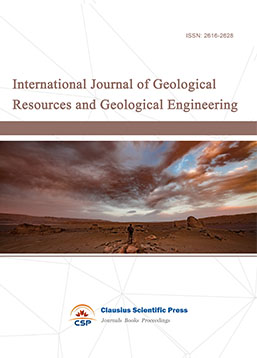
-
Big Geospatial Data and Data Science
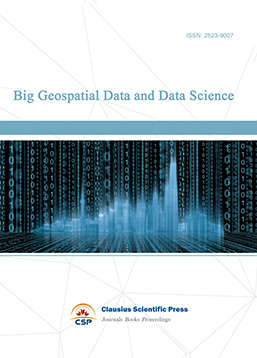
-
Solid Earth and Space Physics
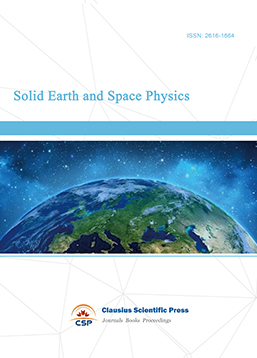
-
Environment and Climate Protection
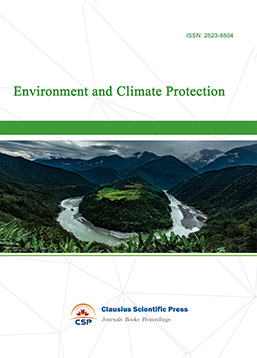
-
Journal of Cartography and Geographic Information Systems
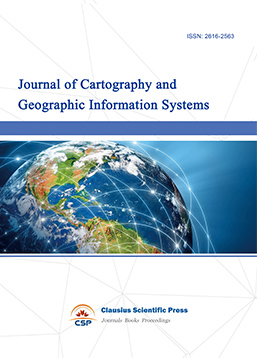
-
Offshore and Polar Engineering
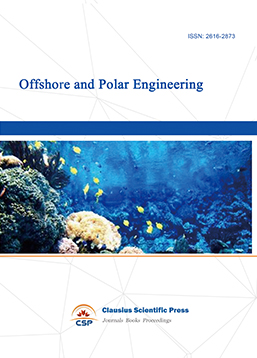
-
Physical and Human Geography
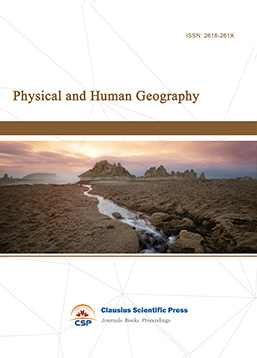
-
Journal of Atmospheric Physics and Atmospheric Environment
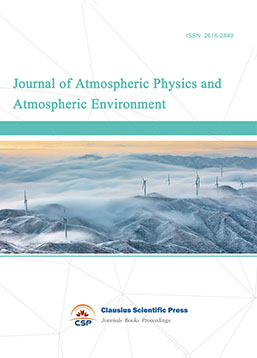
-
Trends in Meteorology
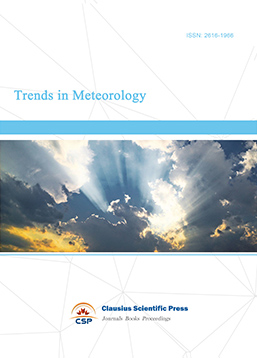
-
Journal of Coastal Engineering Research
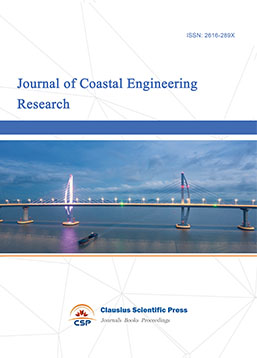
-
Focus on Plant Protection
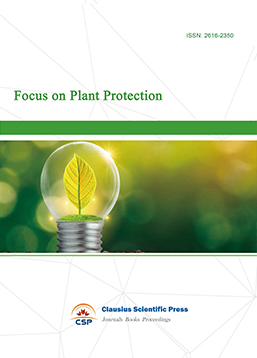
-
Toxicology and Health of Environment
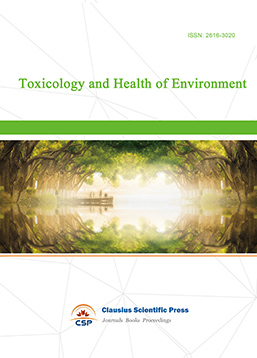
-
Geoscience and Remote Sensing
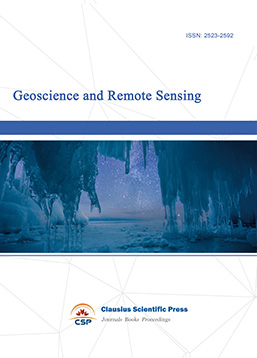
-
Advances in Physical Oceanography
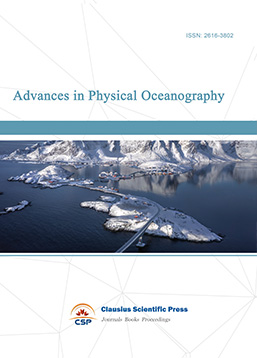
-
Biology, Chemistry, and Geology in Marine
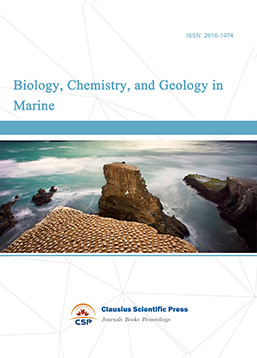
-
Water-Soil, Biological Environment and Energy
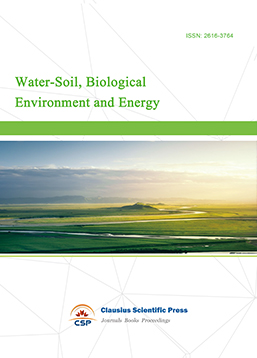
-
Geodesy and Geophysics
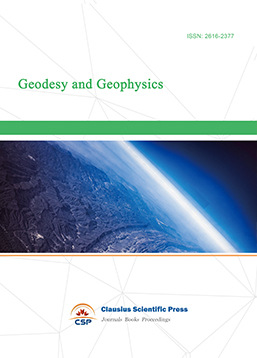
-
Journal of Structural and Quaternary Geology
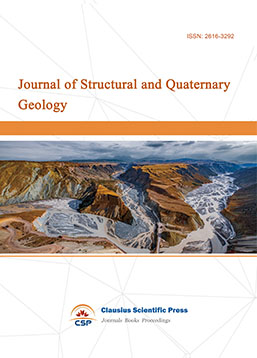
-
Journal of Sedimentary Geology
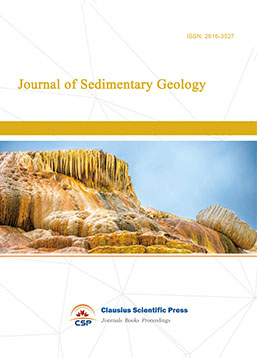
-
International Journal of Polar Social Research and Review
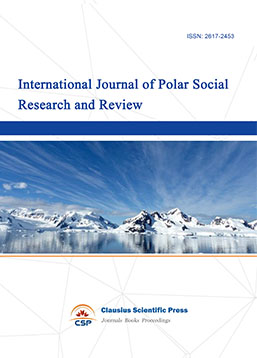

 Download as PDF
Download as PDF